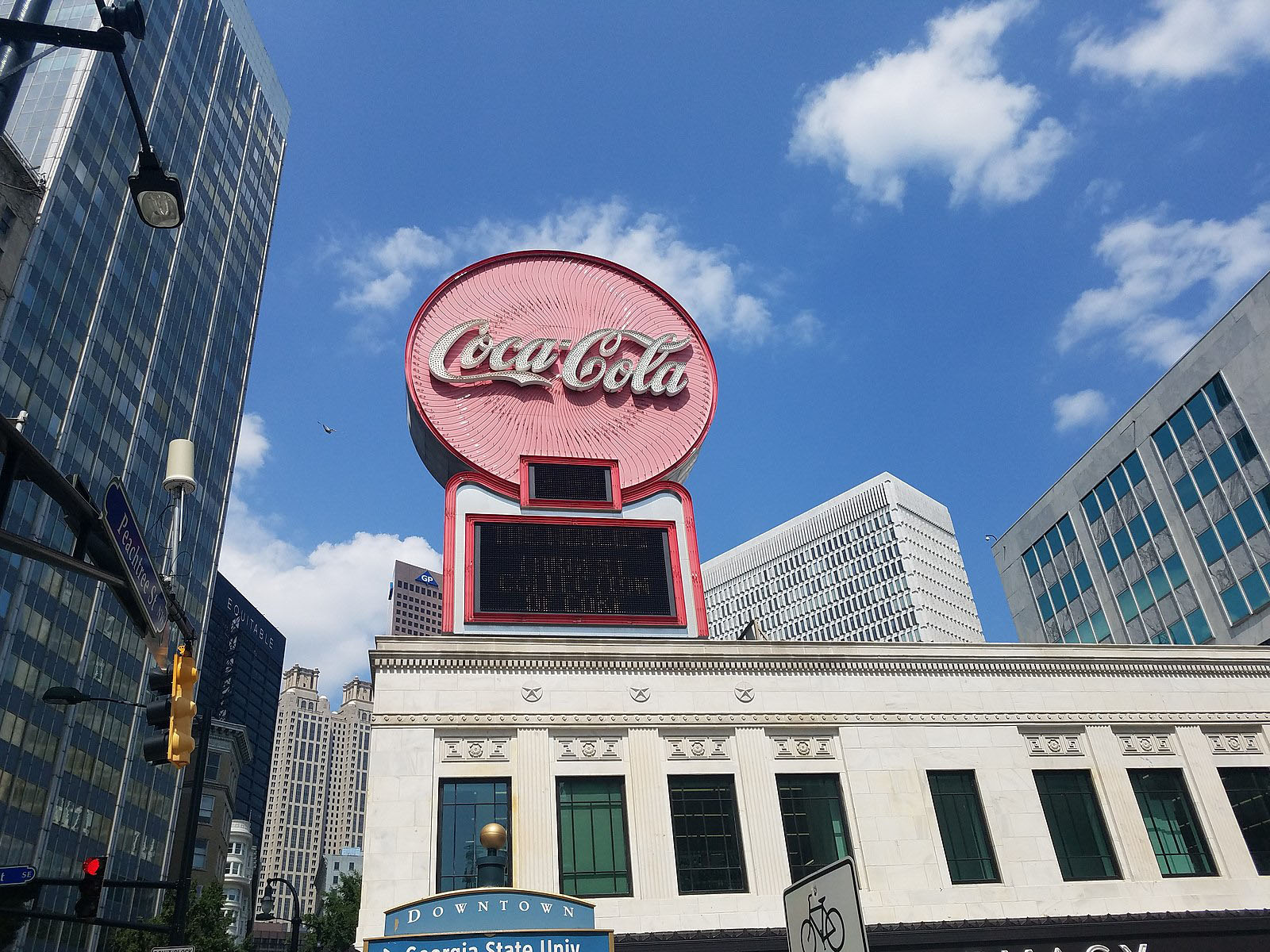
Since when did a government-issued ID come to represent a return to Jim Crow and, even more absurdly, the kind of mental challenge that would have stumped Albert Einstein?
Georgia’s new Election Integrity Act of 2021 unravels some of the modifications to the state’s election laws that were implemented in response to the emergency circumstances of a pandemic. Georgia was not alone. Many battleground states did the same thing, all without legislative approval. These changes undeniably influenced the presidential election.
Now, as a result of this legislative act, Georgia is having its own George Floyd moment. There is a groundswell of protest—this time from corporate America. Major League Baseball (MLB) is demonstrating that it knows how to swing away at the latest political trend by removing its All-Star game from Atlanta’s Truist Park. It is an unfortunate and unwise decision, a woke wild pitch that the league won’t be able to take back.
Delta Airlines and the Coca-Cola Company, both headquartered in the Peach State, have made it known that they, too, denounce Georgia for its alleged “racism.” Other multinational corporations, wishing to showcase their ersatz multiculturalism, are speaking out as well, while the progressive usual suspects fully support boycotting the beleaguered state. Progressive Georgians, like Stacey Abrams and Senator Jon Osoff, applaud the political stance but lament the economic harm the boycott will bring.
President Joe Biden has called the Georgia measure, “Jim Crow on steroids.”
Come, on, Man!
Georgia hardly seems to be motivated by the “Big Lie,” or asserting false allegations of widespread voter fraud. This legislative measure, similarly contemplated by many other states, is simply and appropriately bringing election laws more in line with constitutional standards, and, in the process, protecting the integrity and security of federal elections.
This legislative measure, similarly contemplated by many other states, is simply and appropriately bringing election laws more in line with constitutional standards, and, in the process, protecting the integrity and security of federal elections.
Changes to election laws are not, per se, tantamount to voter suppression.
Here is what Georgia is doing: Expanding early voting, and weekend voting, including two Sundays, for a total of 17 days. New York, by comparison, only provides 9. Allowing the continued use of absentee ballots without having to explain why the voter can’t vote in person at the polling precinct. New York provides no such courtesy. And enabling each county to have a dropbox, located inside a government building and subject to proper monitoring.
President Biden incorrectly reported that the Georgia law would close the polls on election day at 5 PM. Polls were open until 7 PM before; and they remain so now.
And, finally, the new law divests power from local counties and shifts it back to state legislatures, ensuring that election laws operate according to uniform guidelines. This was a problem that was first identified by the Supreme Court in Bush v. Gore, and was clearly present in this past election, where voters in one precinct adhered to a different set of rules than what was applied to voters in other counties. Such disparities violate the Equal Protection Clause of the Constitution.
I’m missing the voter suppression. That’s because there isn’t any.
It all comes down to one electioneering legerdemain: the presence of freewheeling absentee, mail-in balloting without voter verification. Normally, if you vote in person you must show ID, then sign your name, which must match the ID. This past election introduced a far more accessible, but less verifiable feature—one that seemed at the time to be temporary, but progressives wish to make it permanent: ballots sent out with all the carelessness of insert renewal cards in magazines.
Georgia is reestablishing the old law and principle. It requires that ballots be requested, along with a valid driver’s license number or a state ID number. It can be photocopied and electronically uploaded. And the signatures must match.
That’s what President Biden is calling Jim Crow, the sequel—no lynching, literacy tests or poll taxes–but authenticated ballots?
We are reaching a new low. The demand to possess and show an ID before voting, essentially a driver’s license, is now the latest testament to white supremacy. Apparently, whites have such documents; blacks don’t. Instead of giving them equal access to self-identification, progressives cynically want to dispense with the requirement altogether.
But since when do African-Americans not have ID? How do they drive? How do they rent apartments? How do they get into R-rated movies? The insinuation that African-Americans are walking around without IDs because they can’t figure out how to get one is brazenly insulting and infantilizing. I can’t believe Democrats aren’t being castigated for racism and outright condescension.
So what’s really going on?
Everyone by now knows a majority of Americans voted by absentee ballot in this past election. Over 70% of those ballots were cast for Joe Biden. Lucky absentee balloting—some unrequested, unexamined, missing information, unverified, duplicated and unsigned—proved to be the winning ticket.
That’s what many people who protested peacefully on January 6th at the National Mall were, among other things, trying to say.
Georgia is being boycotted because it wishes to assure its electorate that while absentee-voting may now forever be standard practice, one should not doubt the integrity of the outcome.
Given this nation’s racist history, any state from the former Dixie Deep South that changes its election laws should be scrutinized. Abundant caution, however, is not the same as guilt. After all, one person’s charge of voter suppression is to another a precautionary measure to eliminate voter fraud.
Here, however, the charge is being levelled by corporations. Since when did a company that adds sugary syrup to soda water become an authority on election law? And as for MLB, they should be careful poking into laws. After all, they enjoy a wholly unjustified exemption from antitrust scrutiny—their monopoly power shielded—something Congress should now, finally, reconsider.
Proving who you say you are is not a suppression of voting rights. It is a basic and common sense obligation, one that is not very difficult to do.
Thane Rosenbaum is a novelist, essayist, law professor and Distinguished University Professor at Touro College, where he directs the Forum on Life, Culture & Society. He is the legal analyst for CBS News Radio. His most recent book is titled “Saving Free Speech … From Itself.”












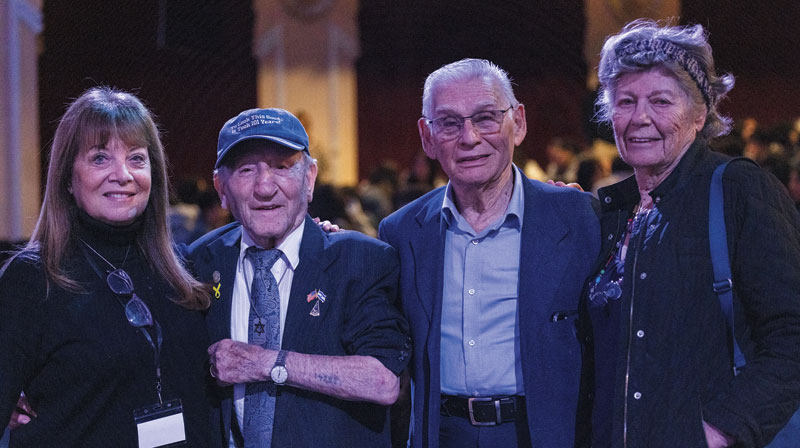
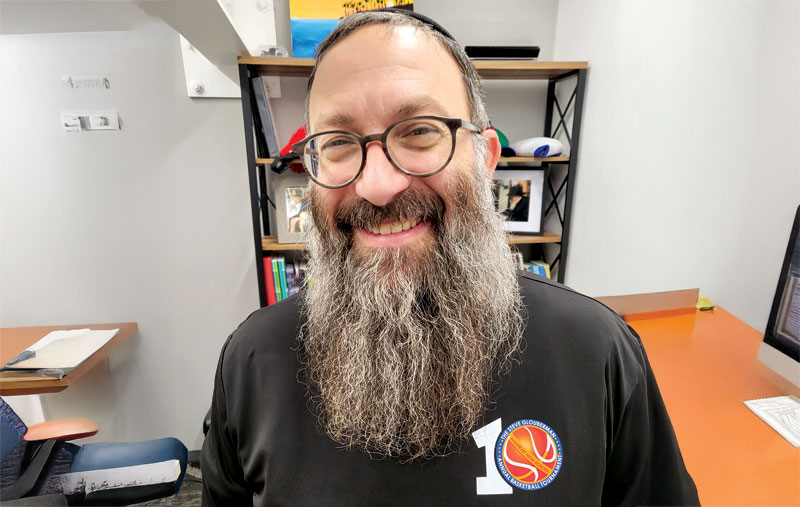


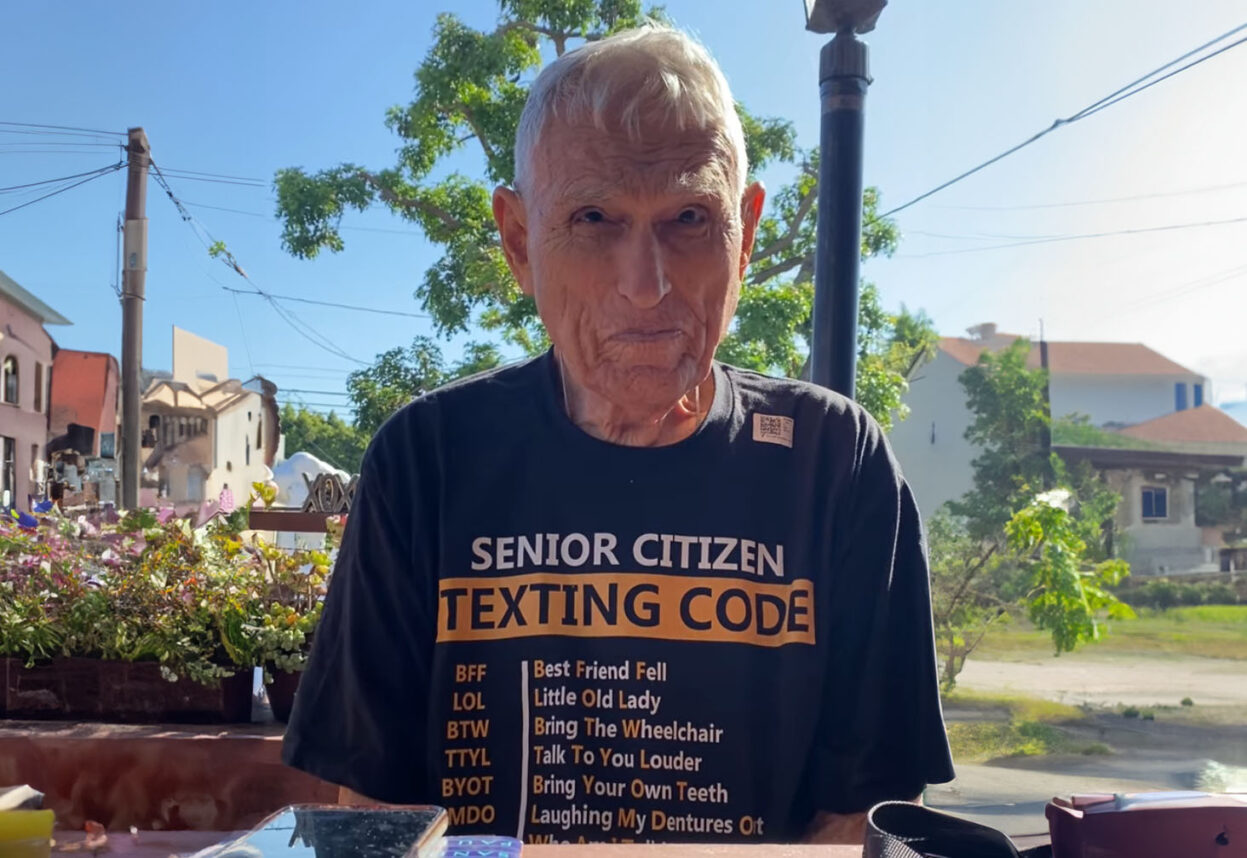
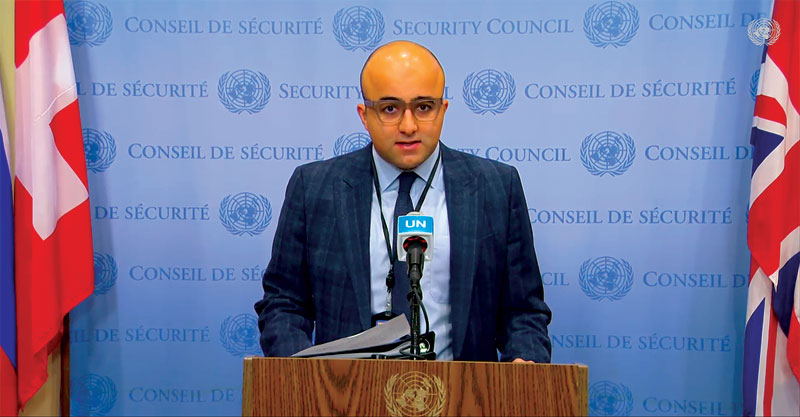




 More news and opinions than at a Shabbat dinner, right in your inbox.
More news and opinions than at a Shabbat dinner, right in your inbox.